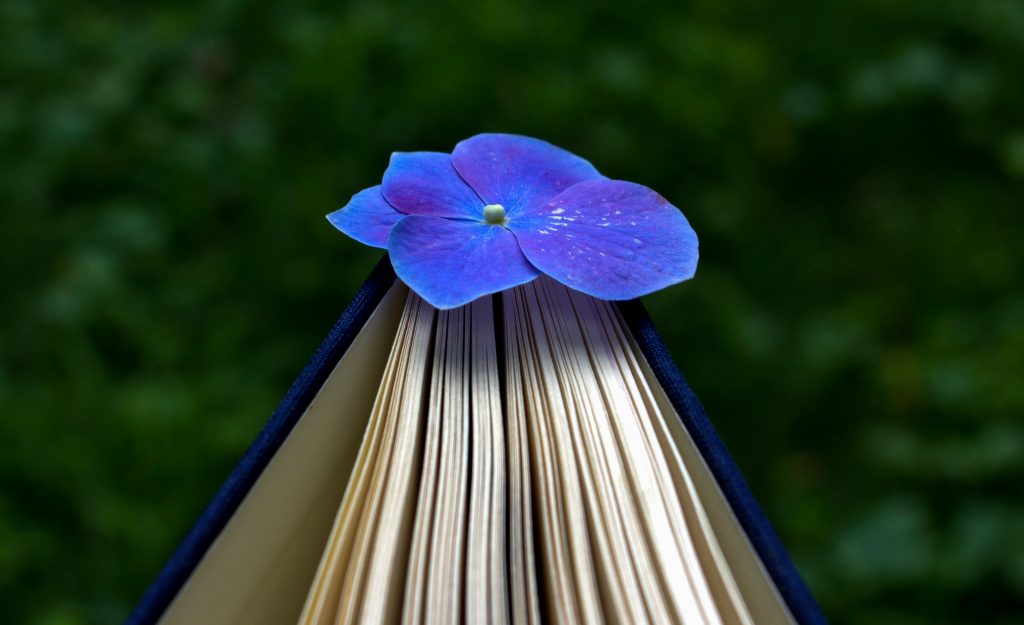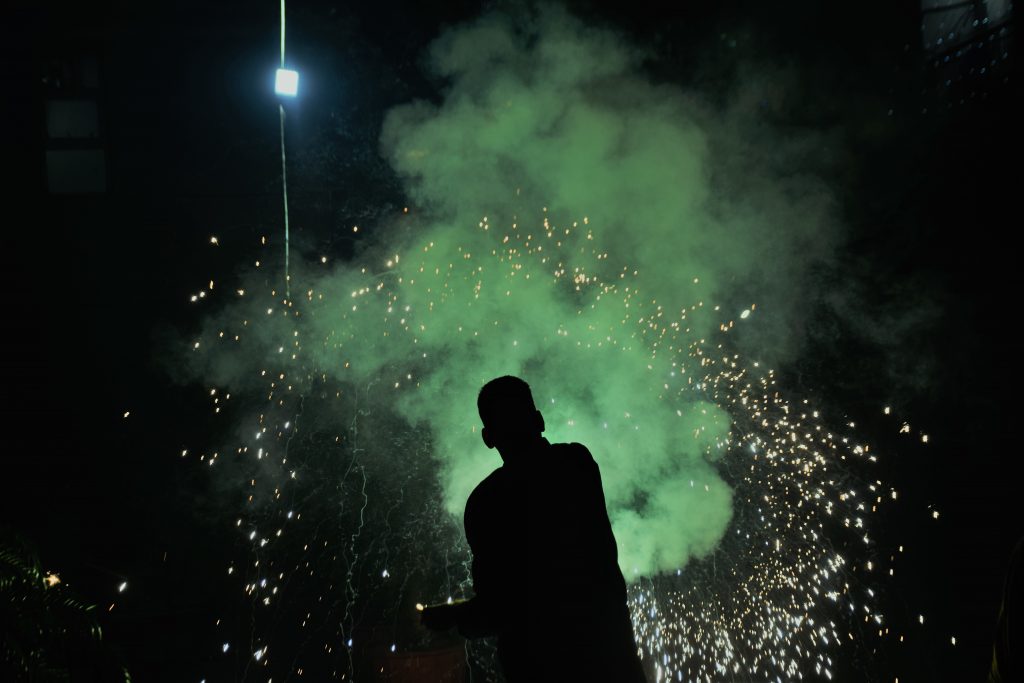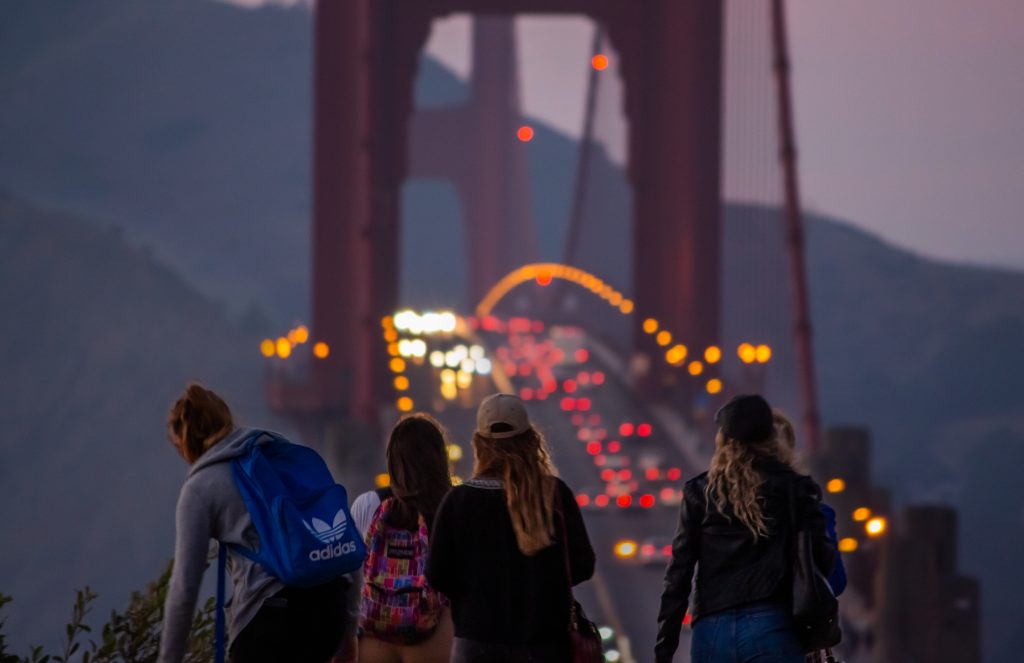Jennifer A Nielsen’s The False Prince is a stunning fantasy novel. Neilsen uses good sensory description to set the scene for Sage’s life and also has strong verbs that will keep your senses awake; such as Mott was tall, dark skinned, and nearly bald. What little hair he did have was black and shaved to the scalp. Also this book has lots of twists and turns. Neilsen keeps the readers at the edge of their seats and wondering what will happen in the upcoming pages. As the lies unfold, the truth is revealed and the truth may very well prove more dangerous than all the lies combined.
The False Prince is the first book in the Ascendance trilogy. The Ascendance trilogy includes The False Prince, The Runaway King, and The Shadow Throne. The False Prince is a finalist for the E.B. White Read Aloud Award and has also spent several weeks on the NYT Bestseller List ranging in position from #4 to #14.
One of the memorable things about this book was its plot. In a faraway land, a civil war is brewing. To unify his kingdom’s divided people, a nobleman named Conner devises a cunning plan to place an imposter of the kingdom’s lost-long son on the throne. Four orphans are forced to compete for the crown, including a clever boy named Sage. Sage knows Conner’s motives are questionable, yet his life balances on a sword’s point: he must be chosen to play the role of the prince or he will be killed.
This is a story about standing up for what you believe in. Sage had to stand up a lot. He was forced to treat a servant meanly, but he treated her with kindness. The second theme is standing up for your rights. When everyone told him to go one direction, Sage went his own way, and he usually made the right decision.
The main character is Sage, a young boy from the kingdom, Carthya. His friends/enemies are Mott, Conner, Roden, Tobias, and Imogen. Some of them crafted him into the person he was by hurting him or by loving him.
Neilsen’s strong visuals help readers see the orphanage, the palace, and the castle. Neilsen will fill reader’s heads with questions that will keep them turning the page. Some of the questions the readers might be asking are: Who will become king? Will Sage survive Conner’s tests? Will the kingdom unite under one rule?
Neilsen’s fantasy novel The False Prince is definitely worth reader’s time and money and is a 10/10. The False Prince is perfect for anyone who loves lots of twists and turns. If you want a story that you can’t put down and that will keep you at the edge of your seat, pick up a copy of Jennifer A. Nielsen’s The False Prince.
Page number: 342 Copyright date: 2012
Author: Jennifer A Nielsen Genera: Fantasy
Hossein Libre was born in Tehran, Iran but currently lives in the United States in the college town of Rolla, MO. He speaks Persian and English. His dream is to become a soccer player and play for Manchester United FC. He remarkably loves reading and writing, and his favorite books include The Ascendance Trilogy by Jennifer A. Nielsen, The Percy Jackson series by Rick Riordan, The Summoner series by Taran Matharu, and Timeline by Michael Crichton.


